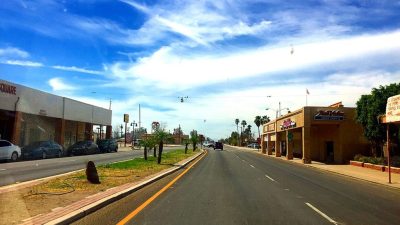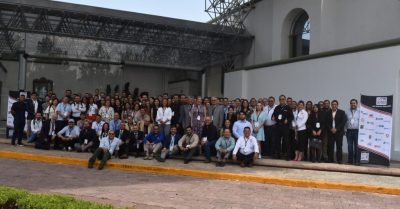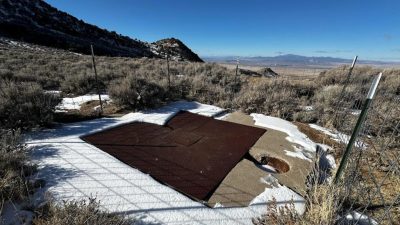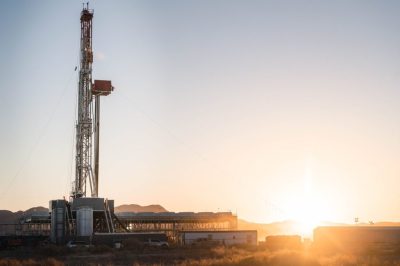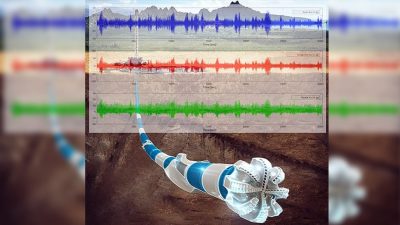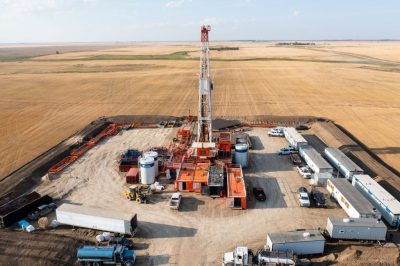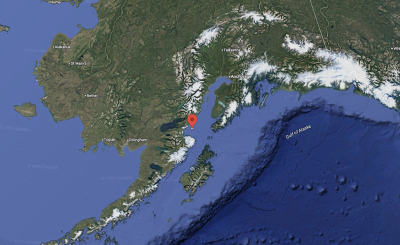Colorado project looks for funding of exploration wells
Mount Princeton Geothermal, LLC is looking for funding of about US$2-3 million to drill exploratory wells on its project site in Colorado.
Reported from Colorado, “Nathrop, a small community in central Colorado’s Upper Arkansas Valley, has received a lot of attention lately thanks to geothermal resources that produce natural hot springs.
Interest in the location is motivated in part by Colorado’s mandated goal of generating 30 percent of its power from renewable resources by 2020. Another motivating factor is new technology that has lowered the temperature threshold at which geothermal power generation becomes feasible.
The new technology — already in use at Chena Hot Springs in Alaska and Thermo, Utah — works like an air conditioner in reverse. Instead of using a refrigerant to cool air, it uses hot water to vaporize the refrigerant, which then turns turbines attached to electrical generators. Once the heat is transferred from the water to the refrigerant, the water is returned to the underground reservoir, maintaining existing water levels.
In 1973 AMAX Exploration Co. drilled several test wells near Mt. Princeton Hot Springs and found some of the hottest water in the state, but it wasn’t hot enough to produce electricity using ’70s technology.
In 2006, local geologist Fred Henderson created Mount Princeton Geothermal, LLC, and the company has since drilled six test wells near Mt. Princeton, documenting the hottest water in the state. But even higher temperatures and plenty of water volume are needed to support a geothermal power plant, and neither can be determined without spending $2-3 million to drill exploratory wells to a depth of 2,000-3,000 feet.
Henderson said the feasibility of the project is unknown without drilling deep wells to obtain data on the underlying geothermal reservoir.
Henderson hopes to find temperatures of 250 degrees in the deep exploratory wells, but the project will also need to prove “no damage to water quality, quantity or temperature.” Otherwise, the Colorado Division of Water Resources will not issue a permit for production, said Henderson.
He believes that tapping the geothermal resource at depths greater than 2,000 feet will prevent any damage to the shallow aquifer that feeds local wells and hot springs.”
Source: Associated Content







